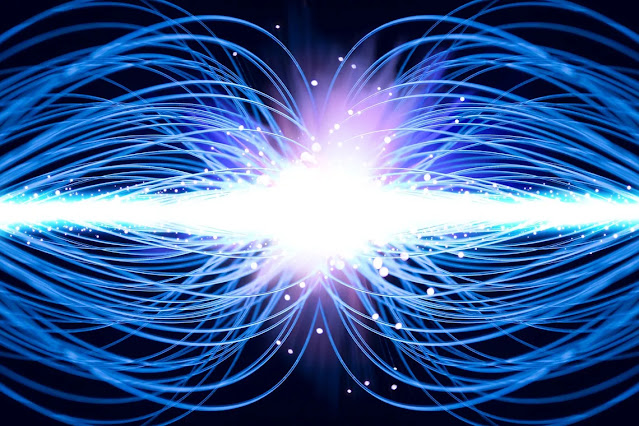- Get link
- X
- Other Apps
- Get link
- X
- Other Apps
Dark matter, a mysterious form of matter that remains invisible to our detection methods, plays a significant role in the composition of the universe. While ordinary matter accounts for a mere 5% of the universe's matter-energy content, dark matter is believed to make up a staggering 27%. This stark contrast raises intriguing questions about the nature and properties of this enigmatic substance.
Although dark matter eludes direct observation due to its non-interaction with light, scientists have deduced its existence through its gravitational influence on visible matter. The gravitational lensing phenomenoп, where the trajectory of light is bent by the gravitational pull of massive objects, provides valuable clues about the presence of dark matter. It is hypothesized that dark matter forms a diffuse halo- like structure enveloping galaxies and clusters of galaxies, while also congregating in smaller concentrations within them.
Despite extensive investigations, the true nature of dark matter remains elusive, representing one of the most significant unresolved puzzles in the realm of physics. Various theoretical frameworks, such as the concept of weakly interacting massive particles (WIMPs) and axions, have been put forward to explain the elusive dark matter. However, researchers have yet to discover direct evidence of dark matter particles, perpetuating the active pursuit of this cosmic enigma in both astrophysics and particle physics.
The search for dark matter persists as a crucial endeavor, as unraveling its properties could provide profound insights into the fundamental nature of the universe. With ongoing advancements in observational techniques and the development of innovative experiments, scientists are dedicated to shedding light on the enigmatic realm of dark matter and unraveling its mysteries. Only by deepening our understanding of this elusive substance can we hope to paint a more complete picture of the cosmos and its intricate tapestry of matter and energy.
- Get link
- X
- Other Apps

Comments
Post a Comment